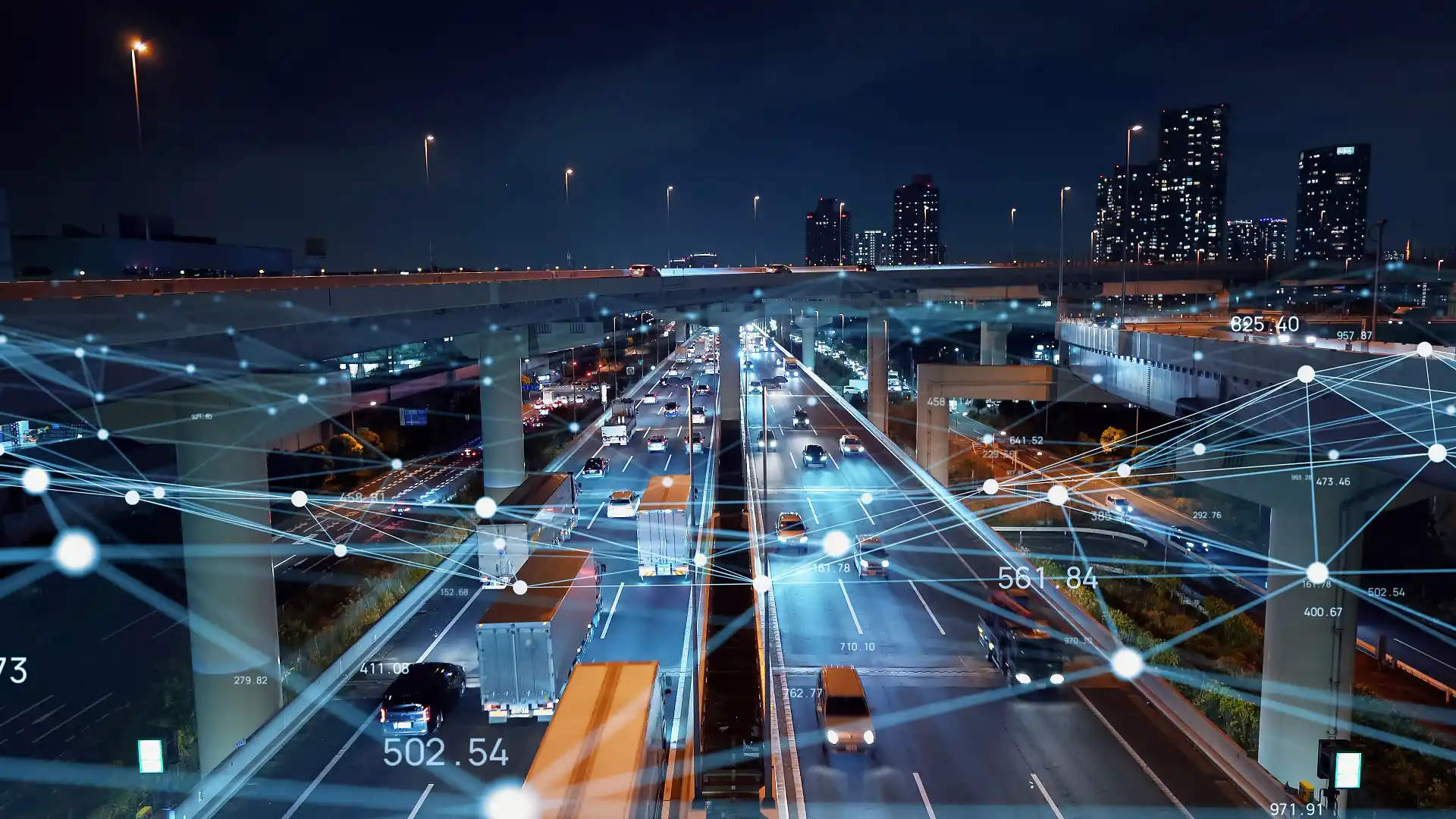Boutique South Australian managed service provider catering to small to medium enterprise.

Support
Dedicated South Australian helpdesk support.
- Local support & local knowledge.
- On-site visits available.
Internet Services
Locally owned and operated Internet Service Provider (ISP) based in South Australia.
- Specialising in solutions for corporates & SMEs.
- NBN or third party wired, cellular or wireless connectivity.
- Tailored plans to suit your needs.
Hosting Services
Fast local South Australian data center.
- Domain, mail & website hosting.
- PHP, wordpress & custom site hosting.
- Database hosting.
- Custom credit card payment gateway available.
Telephony Services
Tailored SIP & PBX services.
- 3CX PBX specialists.
- Comprehensive hardware solutions.
- Flexible call routing options.
- Auto attendant and IVR solutions.
- SIP trunks & custom implementations.
